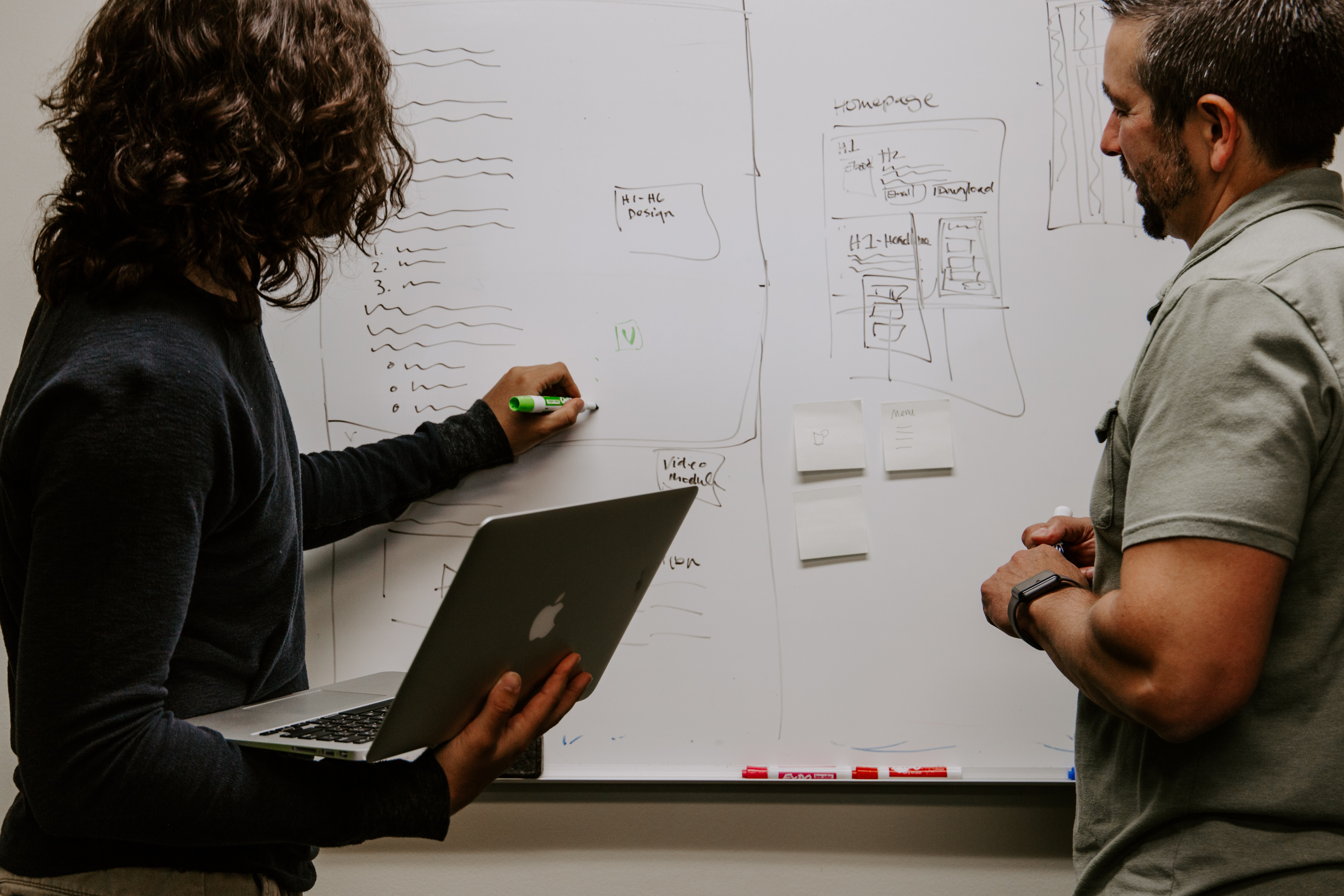Our Research
As an institute that champions excellence in Continuing Education and Training, IAL undertakes research projects that examine the various aspects of adult learning and development. The data we gather and the results we analyse enable us to further the advancement of the CET sector in Singapore, and inform policy making and decisions.

Training, Skills and Skills Utilisation
Prof Francis Green, Prof Andy Green, Dr Golo Henseke, Dr Neil Kaye and Dr Hao Phan
This is a collaborative research piece between IAL and UCL Institute of Education’s LLAKES and CGHE research centres. The first objective of this collaboration is to assess the current state of the Singaporean graduate labour market through the lens of graduate jobs and provide important intelligence on demand trends in times of continued expansion of higher education and changing demand patterns brought on by technological change and increased competition on globalised markets. The second objective is to draw on the OECD PISA and PIAAC data to explore the variation across countries, and in particular Singapore, in changes to levels and distributions of core skills (Literacy, Numeracy and Problem-Solving) between age 15 and early adulthood, through the stage of upper-secondary education and training.
Find Out More
Employment Vulnerability (EV) of Tertiary Graduates in Singapore
Dr Ruby Toh, Assoc Prof Philippe Blanchard, Prof James P Sampson Jr, Dr Julie Falcon, Ms Chia Ying
While most workers maintain stable employment over their career, an increasing proportion of tertiary graduates (i.e. those with polytechnic diploma and above) have been experiencing worsening employment outcomes even before the pandemic. These individuals face difficulties gaining employment or re-employment, and may be entrenched in short-term or casual work earning low incomes. This study seeks to provide further understanding on employment vulnerability in Singapore by examining the extent to which individuals experience EV, the nature of EV, the role that individuals and employers play in mitigating EV, and suggest possible intervention measures that can help to mitigate EV. Time-ordered sequential information is collected over an individual’s work life span since graduation, on a multitude of variables that may affect employment or career decisions. The surveys is implemented on a large nationally representative sample with a focus on individuals with diploma and higher education and companies in industries that who are unemployed or left the labour force due to inability to find work.
Find Out More
Critical Core Skills Profiling
Bi Xiaofang , Simon Freebody , Tan Bao Zhen , Lena Boo , Johnny Sung
This Critical Core Skills (CCS) profiling and development project is commissioned by SkillsFuture Singapore (SSG) to seek an understanding of how CCS are distributed and developed in different occupations. This study adopts a mixed method approach, that is, it uses both quantitative and qualitative methods to achieve the research aims.
Find Out More
